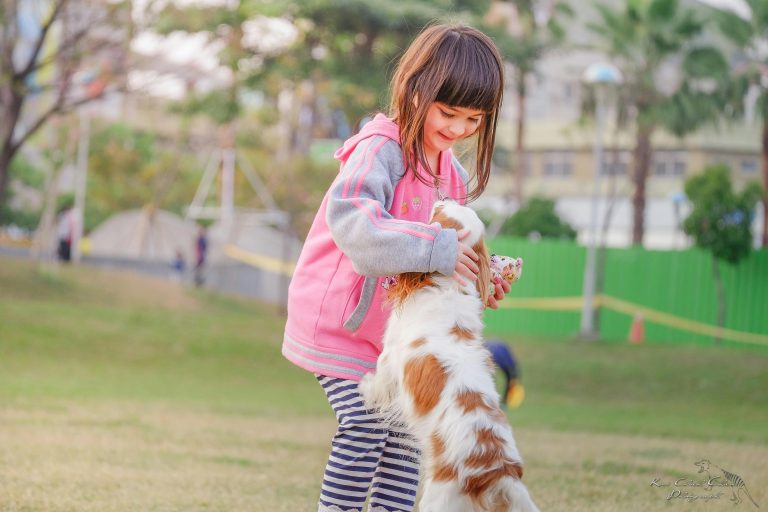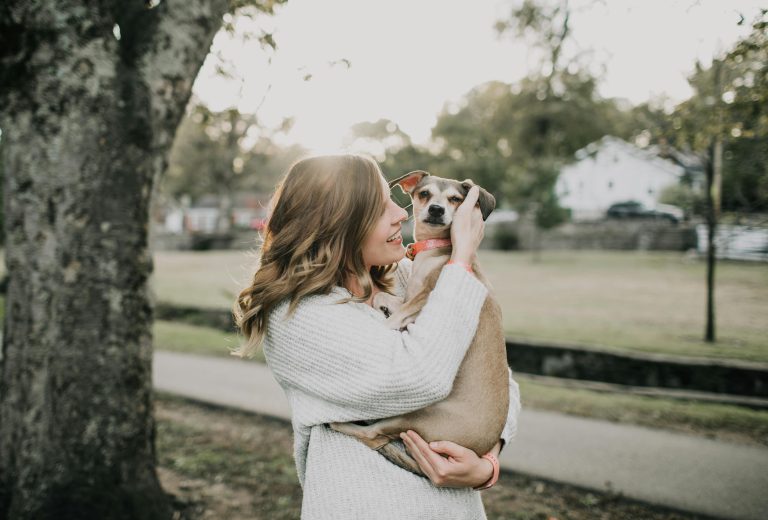Do Dogs Feel Sorry? Exploring Canine Emotions
Table of Contents
Introduction: Do Dogs Feel Sorry?
Dogs, often referred to as man’s best friend, are known for their loyalty, affection, and companionship. As sentient beings, they exhibit a wide range of emotions, including happiness, fear, and excitement. However, one question that continues to intrigue dog owners and researchers alike is whether dogs experience remorse or guilt for their actions.

Understanding Empathy in Dogs
Empathy, the ability to understand and share the feelings of another, is a complex emotional trait observed in various animal species, including humans and dogs. While dogs may not express empathy in the same way humans do, they are capable of displaying behaviors that suggest an understanding of others’ emotions.
Do Dogs Feel Sorry for Their Actions?
Instances of Dog Behavior
Dog owners often report witnessing behaviors in their pets that appear to indicate feelings of remorse or guilt. For example, a dog may lower its head, avoid eye contact, or display submissive body language after committing a misdeed, such as chewing on furniture or having an accident indoors.
Observational Studies on Dog Empathy
Several studies have explored the extent to which dogs experience empathy and whether they feel sorry for their actions. While research in this area is ongoing, some studies suggest that dogs may exhibit behaviors indicative of guilt or remorse in response to their own actions or the distress of others.
Factors Influencing Dog Behavior
Human Interaction
The relationship between dogs and their human caregivers plays a significant role in shaping their behavior and emotional responses. Dogs often look to their owners for cues on how to behave and may adjust their actions based on their owners’ reactions.
Training and Socialization
Early socialization and training can influence how dogs respond to different situations and stimuli. Dogs that receive consistent and positive reinforcement during training are more likely to exhibit desirable behaviors and may be less prone to engaging in destructive or disobedient actions.
Breed Differences
It’s important to recognize that individual dogs, as well as breeds, may vary in their propensity for certain behaviors. While some breeds are known for their sensitivity and empathy, others may display more independent or aloof tendencies.
Recognizing Dog Emotions
Body Language
Understanding canine body language is crucial for interpreting how dogs are feeling and what they may be trying to communicate. Signs of guilt or remorse in dogs may include avoiding eye contact, cowering or tucking their tail between their legs, and offering submissive gestures such as rolling onto their back.
Vocalizations
In addition to body language, dogs may use vocalizations to express their emotions. Whining, whimpering, or vocalizing in a high-pitched tone may indicate distress or remorse in response to a perceived wrongdoing.
Common Misconceptions About Dog Behavior
Guilt vs. Shame
It’s essential to distinguish between guilt and shame when interpreting dog behavior. While guilt involves a recognition of one’s actions and their consequences, shame is a more complex emotion associated with self-perception and social judgment. Dogs may exhibit behaviors that appear to suggest guilt, but it’s essential to consider the context and avoid attributing human emotions to them.

Anthropomorphism
Anthropomorphism, the tendency to attribute human characteristics or emotions to animals, can lead to misunderstandings of dog behavior. While dogs are undoubtedly capable of forming strong emotional bonds with humans, their emotional experiences may differ from those of humans, and it’s essential to approach their behavior with an understanding of their unique perspective.
How to Address Negative Behaviors in Dogs
Positive Reinforcement
Positive reinforcement techniques, such as praise, treats, and rewards, can be effective in encouraging desired behaviors in dogs. By reinforcing good behavior and redirecting or ignoring unwanted behaviors, dog owners can help shape their pets’ actions in a positive way.
Training Techniques
Consistent training and clear communication are essential for addressing negative behaviors in dogs. Using humane and science-based training methods, such as clicker training or operant conditioning, can help dogs learn appropriate behaviors and build a strong bond with their owners.
Read More: At What Age Do Dogs Recognize Their Owners?
Conclusion
While the question of whether dogs feel sorry for their actions remains open to interpretation, there is evidence to suggest that dogs are capable of experiencing empathy and responding to the emotions of others. By understanding canine behavior and communication cues, dog owners can foster a positive relationship with their pets and address negative behaviors in a constructive manner.
-
Product on sale
 2 Pcs Motorcycle Knee Pads Protect Motocross Motorbike Riding Racing Protective Gear Protect Outdoor Sport Safety Pads Guards$21.00 – $68.00
2 Pcs Motorcycle Knee Pads Protect Motocross Motorbike Riding Racing Protective Gear Protect Outdoor Sport Safety Pads Guards$21.00 – $68.00 -
Product on sale
 1 Pair Knee Elbow Protection Pads Shock Absorption Keep Warm Motorcycle Knee Elbow Pads Safety Protector for Outdoor Sports$18.00 – $51.00
1 Pair Knee Elbow Protection Pads Shock Absorption Keep Warm Motorcycle Knee Elbow Pads Safety Protector for Outdoor Sports$18.00 – $51.00 -
Product on sale
 SULAITE Motorcycle Thickened Knee Pads Protective Gear Equipment Motocross Protection Riding Elbow Guard Knee Pad Protector Kit$22.00 – $129.00
SULAITE Motorcycle Thickened Knee Pads Protective Gear Equipment Motocross Protection Riding Elbow Guard Knee Pad Protector Kit$22.00 – $129.00
FAQs
Do dogs really feel guilty when they do something wrong?
While dogs may exhibit behaviors that appear to suggest guilt, it’s essential to consider the context and avoid attributing human emotions to them entirely.
Can dogs understand when they’ve done something wrong?
Dogs may be able to associate their actions with their owners’ reactions, but their understanding of right and wrong may differ from human concepts.
How should I react if my dog misbehaves?
Instead of scolding or punishing your dog, focus on positive reinforcement techniques to encourage desired behaviors and discourage unwanted ones.
Are certain dog breeds more prone to feeling sorry for their actions?
Individual dogs, as well as breeds, may vary in their propensity for certain behaviors, but there is no definitive evidence to suggest that specific breeds are more likely to feel sorry for their actions.
Is it possible to train a dog to feel remorseful for its actions?
While dogs can be trained to exhibit certain behaviors through positive reinforcement and consistent training, it’s important to remember that their emotional experiences may differ from those of humans.







Leave a comment